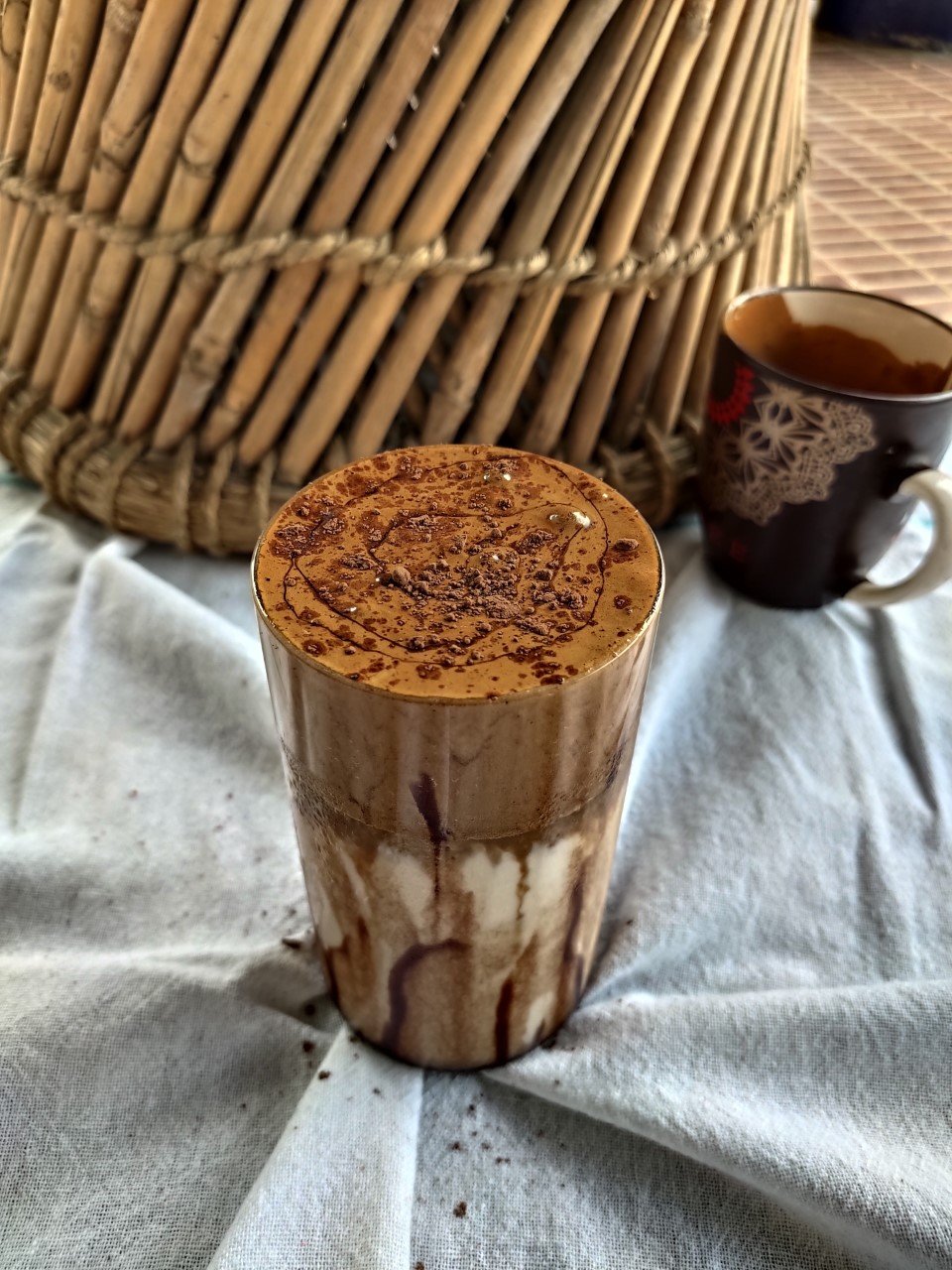MOOtivate Friends: Join PETA India’s ‘DeCALF Your Coffee’ Mission
Calling all vegan coffee lovers!
For many people, making coffee every morning is almost a sacred ritual. Whether you’re grinding your own beans or spooning out instant coffee, adding a splash of dairy-free milk creates a smooth, creamy richness without harming mother cows or buffaloes, their calves, or your health. Help us inspire more coffee lovers to replace animal milk with tasty non-dairy alternatives made from soy, almonds, cashews, oats, coconuts, rice, or any other plants by taking part in PETA India’s “Decalf Your Coffee” mission. After all, what could be better than starting your day compassionately with dairy-free coffee?

Photo Courtesy: Instagram account @indian.vegan.recipes
To join PETA India’s “Decalf Your Coffee” mission, follow these steps:
-
Make a cup of coffee using dairy-free milk.
-
Take a photo or video of your decalf coffee. (Hint: we love clever graphics, GIFs, and filters.)
-
Post it on Instagram with the hashtag #DecalfYourCoffee, tag @PETAIndia, and challenge three friends to take part by 30 June. Be sure to share which plant milk you used.
Here’s the skinny on animal milk: it’s cruel to cows and buffaloes – who are forcibly impregnated and whose calves are taken from them – as well as one of the primary causes of food allergies among children, and it’s indigestible by three out of four Indians. Dairy milk also presents a public health risk, as it’s full of cholesterol and fat and its consumption has been linked to heart disease, certain types of cancer, diabetes, and other ailments. PETA India’s investigations of dairy farms documented that cows and buffaloes were chained in place, denied veterinary care, and forced to stand and lie in their own excrement.
India’s dairy industry is the primary supplier of cows and buffaloes to the beef industry for slaughter. Male calves – who are considered useless because they don’t produce milk – are commonly abandoned, left to starve, or sold to be killed. Female calves will endure the same misery as their mothers until their milk production wanes, at which point they’re typically sent to the slaughterhouse.








